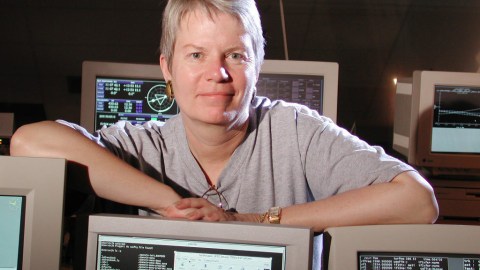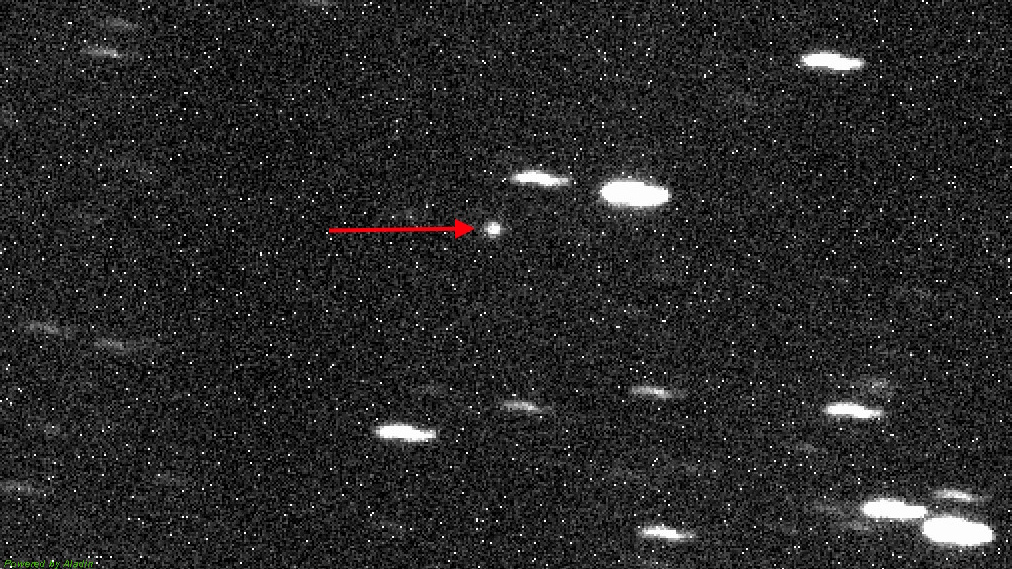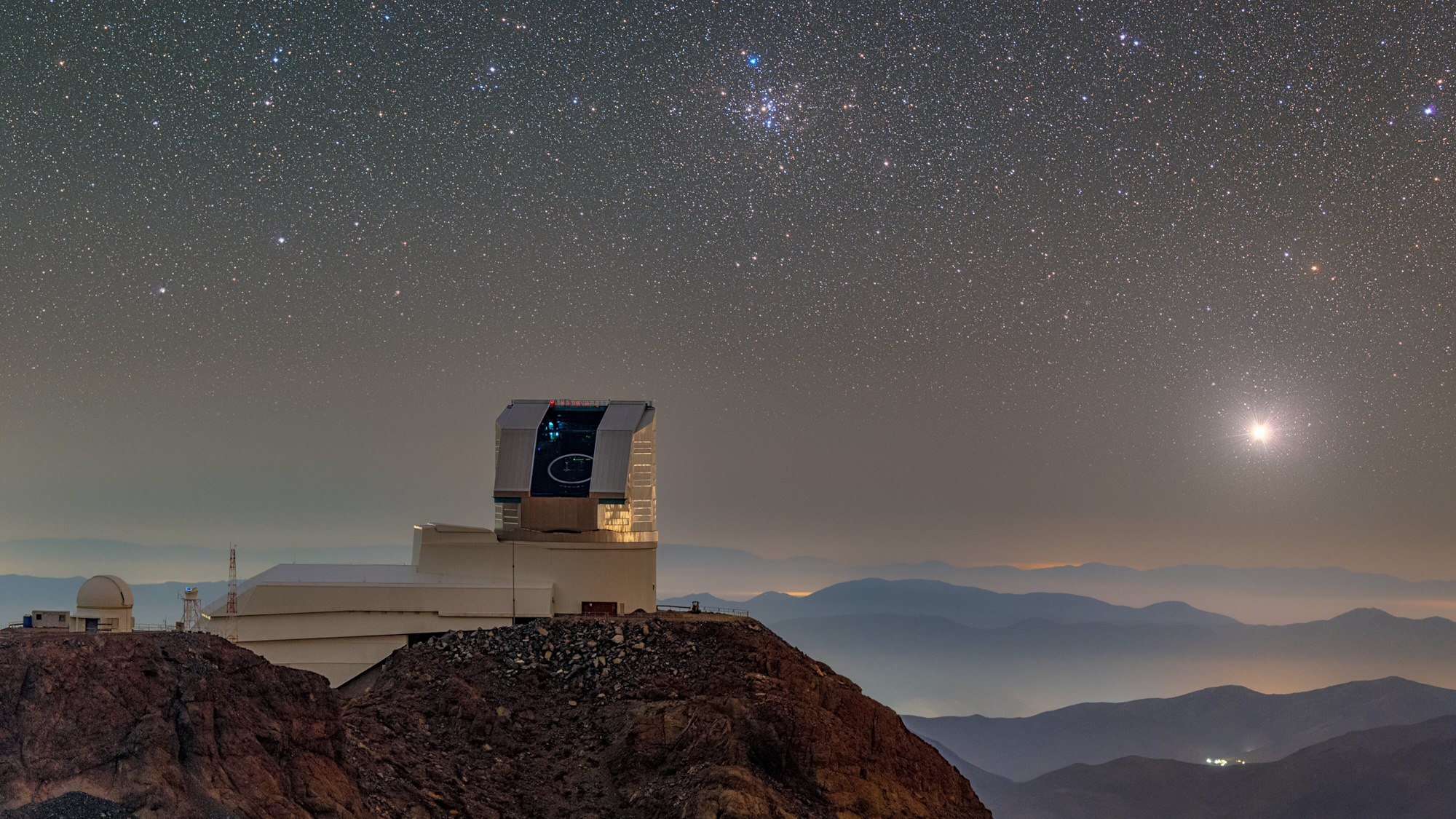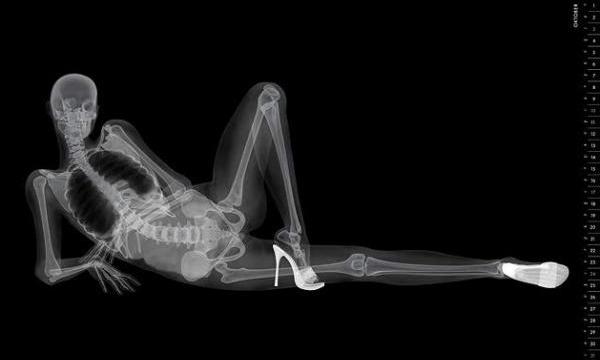Sign up for Big Think on Substack
The most surprising and impactful new stories delivered to your inbox every week, for free.
Jill Tarter, Director of the Center for SETI Research, is searching for signs of extraterrestrial life. But what kinds of signals is she hoping to find? Tarter explains that her instruments are on the lookout for anything that couldn’t be produced by nature—some very narrow radio signal that would indicate intelligent life. In addition to radio signals, Tarter and her colleagues are also looking for optical signals. “What we’re looking for is time compression. We’re looking for really bright flashes that last a nanosecond or less,” she says in her Big Think interview. Such a bright flash could indicate the existence of an engineered signal.
And what if beings on other planets are searching for us? Most likely they would detect our television and radio signals. “The signals are intended for our local neighborhoods, but in fact, many of those signals go on beyond the earth and travel and spread out in a bubble around the earth that gets bigger one light year per year,” she says.
Tarter notes that because we are the youngest technology in the galaxy that could participate in interstellar communication, we have to let the older technologies do the heavy lifting. “If we can get ourselves organized to be able to take on projects that last not 2 years or 5 years, but 10,000 years or 100,000 years, which is really what you need to do if you’re thinking about transmitting purposefully, then when we’re older it would be appropriate for us to begin to transmit,” says Tarter.
What will we do if we actually detect a signal? Tarter and her colleagues have champagne on ice, optimistic that such a day will come. The first step would be to prove that it’s not a hoax, says Tarter; an independent telescope would be enlisted to verify the signal. Then, SETI would hold a press conference to broadcast the news to the world.
Next, there would have to be some organized decision about how to respond: who would speak for Earth and what they would say?
As physicist Freeman Dyson has said to Tarter, people, upon hearing the news, could start gathering old transmitters and broadcasting their own messages outward. Tarter recounts Dyson’s words: “Think about it. That un-orchestrated, chaotic cacophony that would emit from the planet after the detection of a signal. Wouldn’t that be about the best representation of 21st century Earth that you could imagine?”
Sign up for Big Think on Substack
The most surprising and impactful new stories delivered to your inbox every week, for free.






